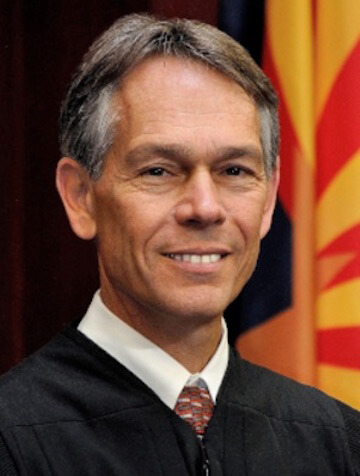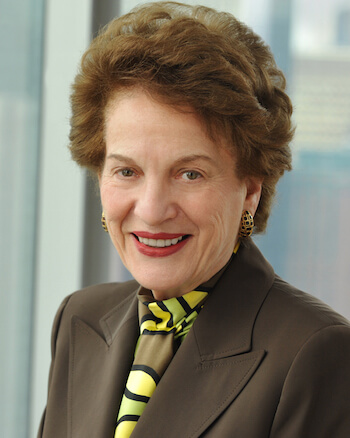Relying on a quarter-century-old New York Court of Appeals precedent under which a same-sex co-parent is considered a “legal stranger” to a child she was raising with her former partner, the Appellate Division’s Fourth Department has affirmed a Chautauqua County Family Court decision dismissing a custody and visitation petition from one such ex-partner. The appeals panel upheld Judge Judith S. Claire’s dismissal of Brooke S. Barone’s petition on June 19.
Barone and Elizabeth Chapman were same-sex partners jointly parenting Chapman’s biological son, though the couple did not marry nor did Barone adopt the child. After they broke up, Barone filed her petition seeking to have the Family Court determine custody and visitation issues. The court appointed R. Thomas Rankin, a Jamestown attorney, to represent the interest of the child. Barone represented herself in the proceeding.
Chapman filed a motion to dismiss the petition, arguing that Barone lacked standing because she had no legal relationship to the child. Rankin opposed the motion on behalf of the child, arguing that the child’s best interests should be “paramount” over legal formalities, and that “the standing accorded to parents should extend to those who have a recognized and operative parent-child relationship, regardless of their sexual orientation.”
Reliance on 25-year-old precedent suggests Albany action needed
Rankin further argued that the court should use a legal doctrine known as equitable estoppel, under which a legal parent who has fostered and encouraged her unmarried partner to form a relationship with her child should be forbidden by the court to deny that reality by raising an objection based on standing.
Finding herself bound by the 1991 precedent, Judge Claire dismissed the petition.
The Appellate Division was dismissive of Rankin’s argument, citing another appellate ruling that stated, “The Court of Appeals has recently reiterated that a nonbiological, nonadoptive parent does not have standing to seek visitation when a biological parent who is fit opposes it, and that equitable estoppel does not apply in such situations even where the nonparent has enjoyed a close relationship with the child and exercised some matter of control over the child with the parent’s consent.”
The panel cited the 1991 decision in Alison D. v. Virginia M. by the Court of Appeals, the state’s highest bench, which established a “bright-line test” that it considers binding precedent.
The appeals panel concluded, “We reiterate that, as the Court of Appeals unequivocally stated, ‘any change in the meaning of “parent” under our law should come by way of legislative enactment rather than judicial revamping of precedent.’”
Some courts in New York have recently departed from Alison D. in cases involving married same-sex couples, finding that when a married woman bears a child, her spouse should be presumed to be the child’s legal parent. It is significant and troubling, however, that the Court of Appeals hasn’t yet ruled on such a case. Just last month, the Appellate Division’s Second Department in Brooklyn ruled that the parental presumption does not apply to a lesbian couple, affirming a Nassau County family court ruling that the non-biological mother has no standing to seek joint custody for the child born to her same-sex spouse.
That result is clearly at odds with the intention of the 2011 Marriage Equality Act, which purported to make married same-sex couples alike in every legal sense to different-sex couples. The Legislature has work to do, both to guarantee a true equal footing for married same-sex couples, but as importantly to take appropriate account of the full array of non-traditional families in New York.

































